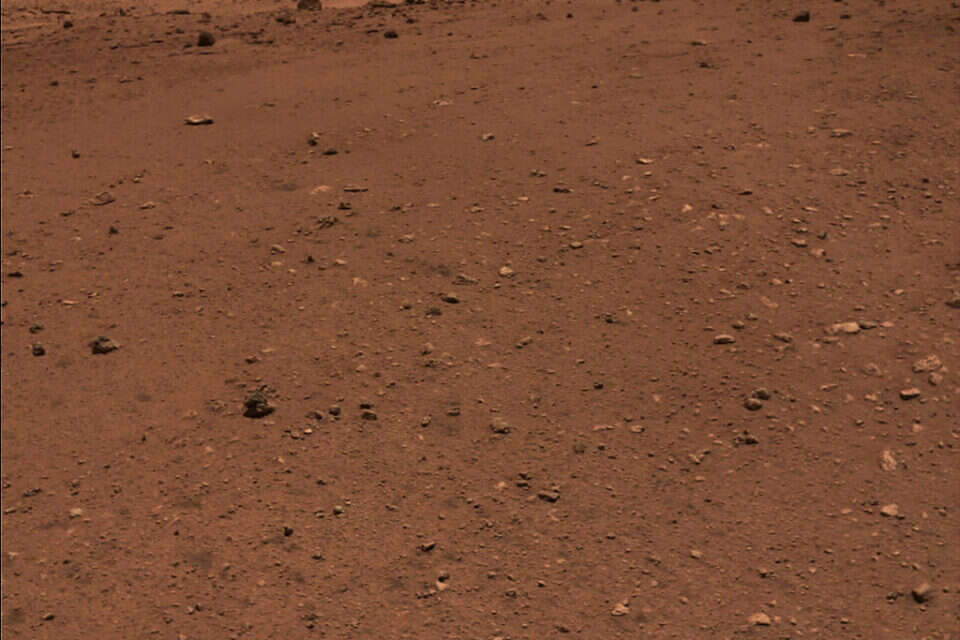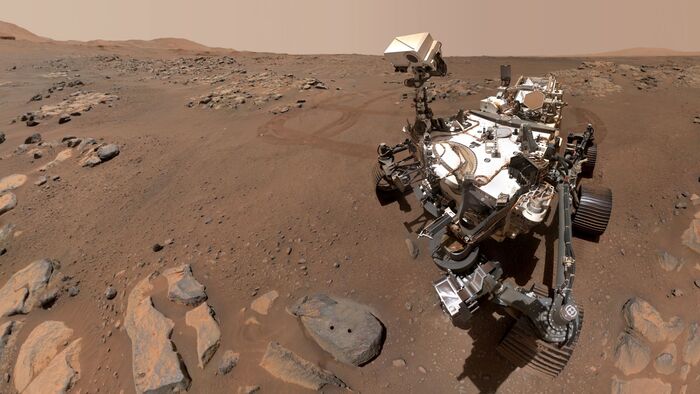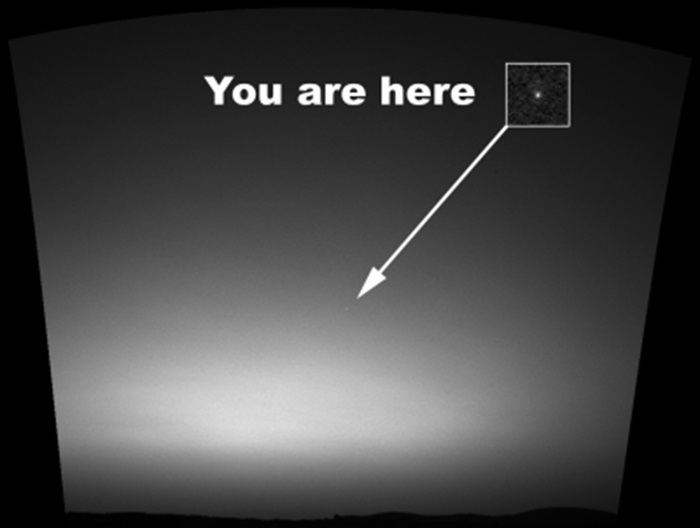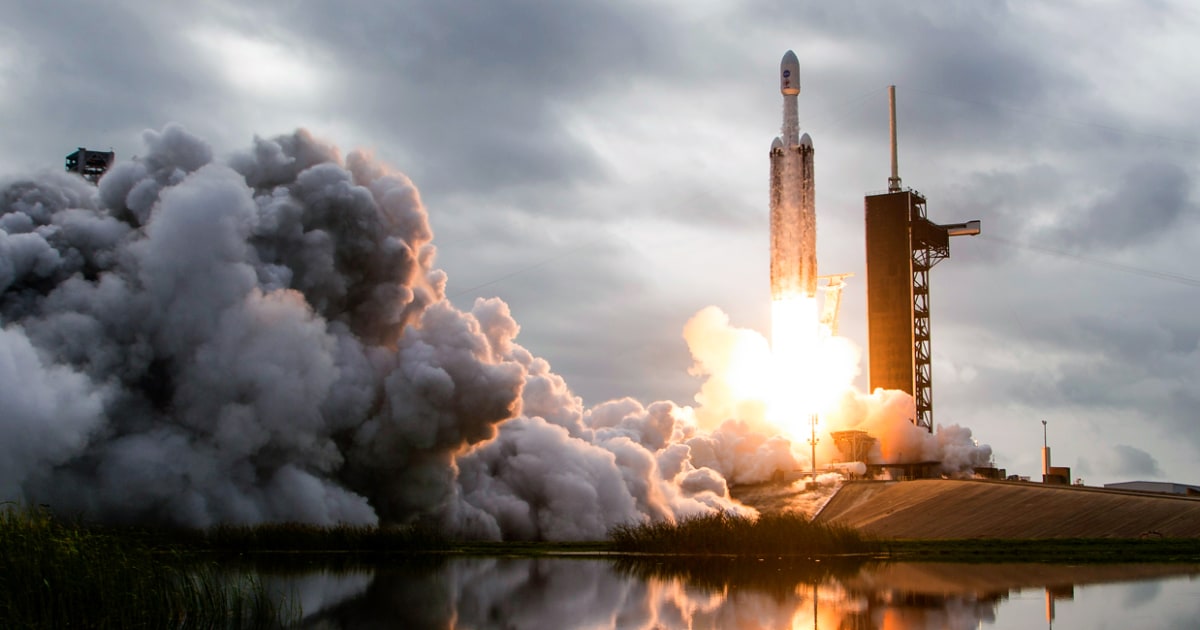The Japanese space agency "JAXA", will launch in 2024 a spacecraft to Mars and the two moons in its vicinity, Phobos and Retired.
The spacecraft will not only scan the red planet but land on the moon Phobos, drill in its soil and return to Earth in 2029 with ground samples.
The goal is to test whether there are any living remains on the moon that came as a result of asteroids hitting Mars itself.
Beyond landing and surveying the moons, the spacecraft will also scan the moon Phobos using infrared lighting to learn what materials are in it.
The focus on the two moons in the vicinity of Mars, and especially the Phobos moon, is done because their proximity to Mars indicates that they may have been asteroids previously captured by the star's gravity and are now moving around it.
Phobos is 22 kilometers in diameter and Retos is 12 kilometers in diameter.
Dr. Ryoko Hido, head of the Japanese research project team, explains: "Phobos' moon is three times the radius of Mars, while for comparison the moon is 60 times farther from Earth's radius.
"If there were any kind of living Mars on Mars, then with an asteroid impact on the planet, they could fly and land on the moon without destroying it beforehand.
Dr. Ryoko's emphasis is that if they find traces of living matter then they are only traces or microorganisms that have already died in the past, stems from the fact that according to an international convention that is accepted by all countries in the world, no living specimen should be brought from anywhere else. Exposing humanity and animals on our planet to another living organism.Among scientists there is a fear that an external organism will easily reproduce on Earth and harm or threaten the fabric of our lives.
The Japanese Space Agency emphasizes: "The study of the moons around Mars is very important for understanding the evolution of planets in the solar system in its infancy. "Outsiders captured by the star's gravity, we can explain the ways in which water and other substances reach the stars of our solar system."
Either way, the Japanese space agency will outperform the U.S. and China in bringing ground samples from the planet Mars. In 2030.
The great focus of so many research bodies from Earth on Mars stems from the understanding that the conditions prevailing on ancient Mars were similar to those on Earth and therefore the potential for life to form on it is relatively large.








